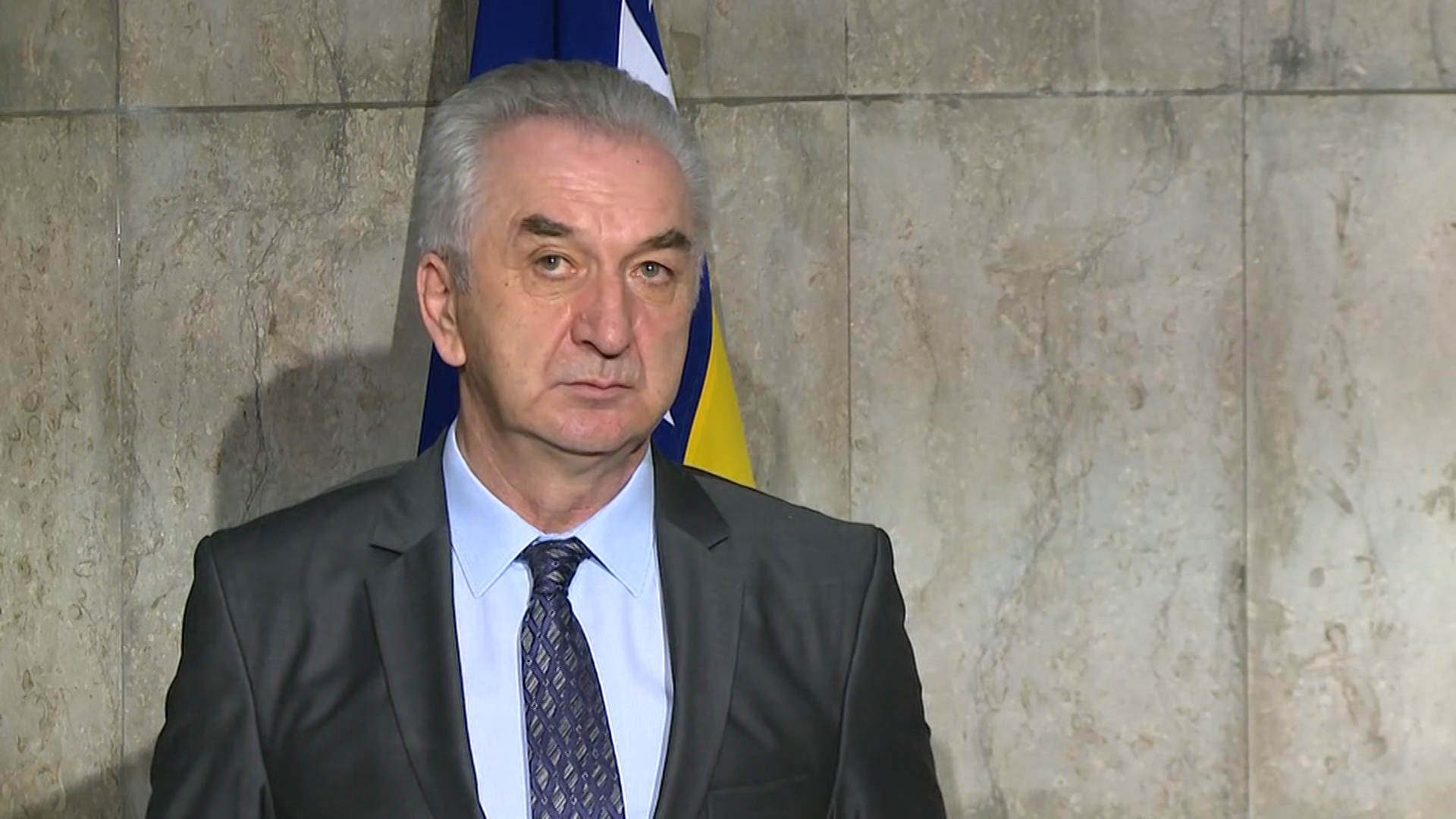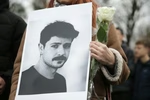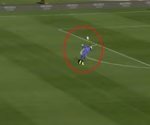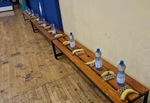
One of the main Bosnian Serb opposition parties has gathered “more than 40,000 signatures” from people who want to know what a ‘Reform Programme’ which Bosnia is sending to NATO contains, the leader of the Serb Democratic Party (SDS), Mirko Sarovic, said on Wednesday.
The signatures were collected as part of the ‘I have the right to know’ initiative, he explained.
“That initiative, ‘I have a right to know’, is meant for the public of all of Bosnia and Herzegovina and Republika Srpska (Bosnia's Serb-majority semi-autonomous entity) to get to see the Reform Programme document, to find out what it says and what is being hidden from the public. We have gathered more than 40,000 signatures and we will submit them to the Serb member of Bosnia’s Presidency,” Sarovic said.
Bosnia was initially supposed to send its Annual National Programme (ANP) to the alliance, which would be the next step toward NATO membership and would activate the country’s Membership Action Plan (MAP).
But Bosnian Serb leadership, most of all the Alliance of Independent Social Democrats (SNSD) and its leader Milorad Dodik, opposed any further steps toward Bosnia’s NATO membership being made.
NATO remains unpopular with Serbs in both Serbia and in Bosnia's Serb-majority semi-autonomous entity of Republika Srpska (RS) since the alliance launched airstrikes against the Bosnian Serbs during the 1992-95 Bosnian war and against the Serbian military in 1999 during the conflict between Belgrade and ethnic Albanians in Kosovo.
The issue was at the centre of a deadlock which prevented the country from forming a government for more than a year after the October 2018 election and produced a political crisis in the country.
The crisis ended in November when Dodik, who is the Serb member of Bosnia’s tripartite Presidency, agreed with his Bosniak and Croat counterparts to form the government and send a different document, the Reform Programme, to NATO.
Bosnian Serb opposition parties then accused Dodik of betraying Serb interests, arguing that the Reform Programme and the ANP are the same.
Dodik, however, argued that the Reform Programme does not predict Bosnia's membership in the alliance.
“It is logical that I, as a lawmaker in the House of Representatives and as a representative of a political organisation from the RS, ask for the document to be made public, because the RS and its key competent bodies have taken a stance regarding this security affiliation issue and that, for me as a citizen, it is important to know what that document says,” he said.
“If it does not matter, why is it being hidden?” the SDS leader said, adding that although people may have different stances on which direction Bosnia should be going, everyone must be interested in the content of the Reform Programme.
“If that document is being kept a secret, and two members of the Presidency believe that it is a document which leads Bosnia into NATO and activates the Membership Action Plan (MAP), then why would I, as an individual, have doubts about that?” he asked.
Kakvo je tvoje mišljenje o ovome?
Učestvuj u diskusiji ili pročitaj komentare





 Srbija
Srbija
 Hrvatska
Hrvatska
 Slovenija
Slovenija



























































